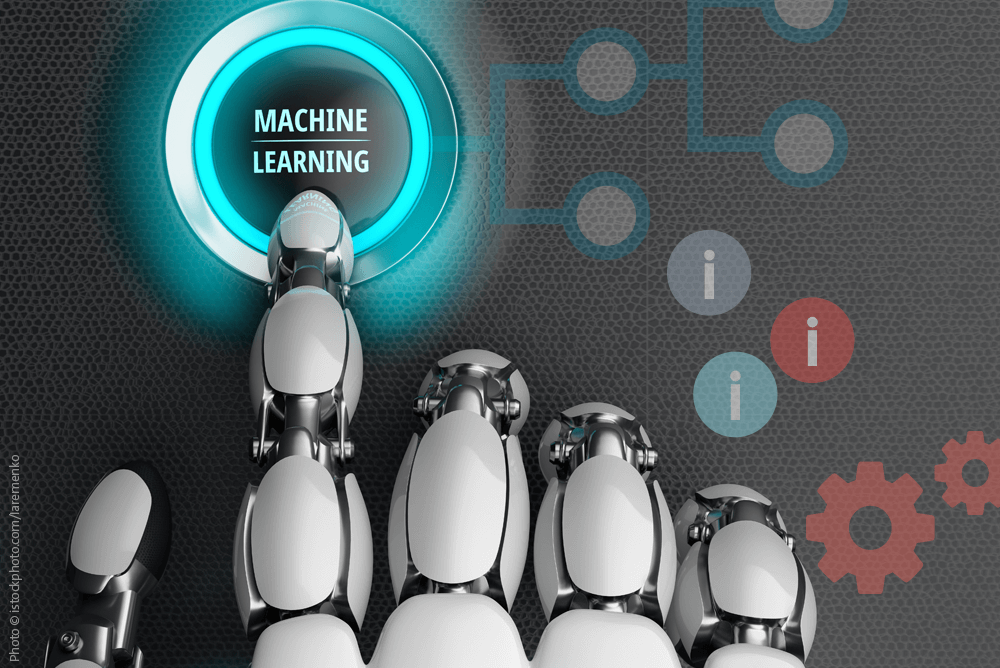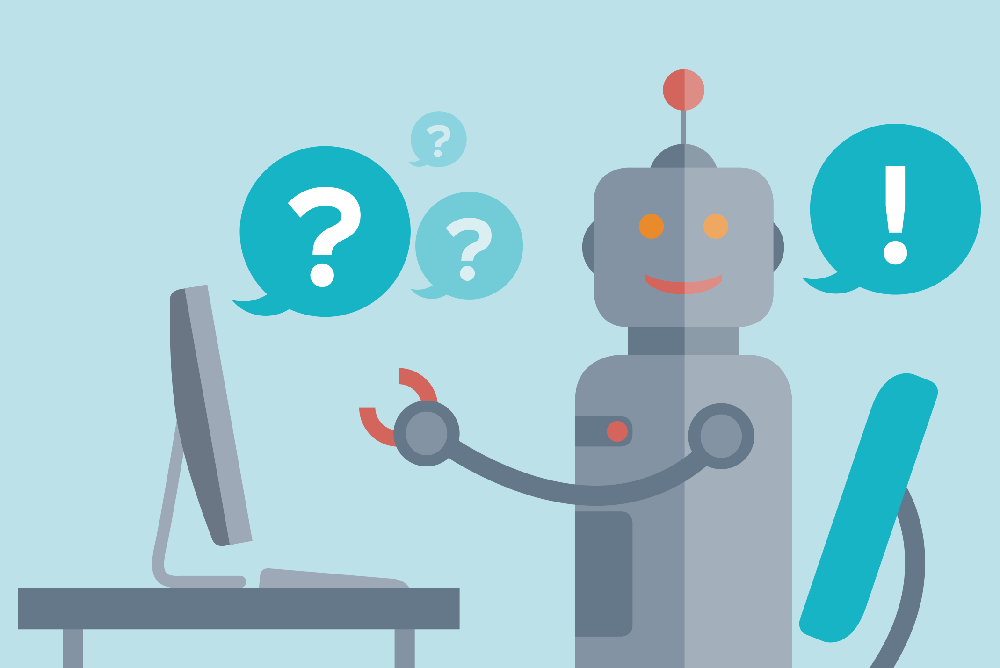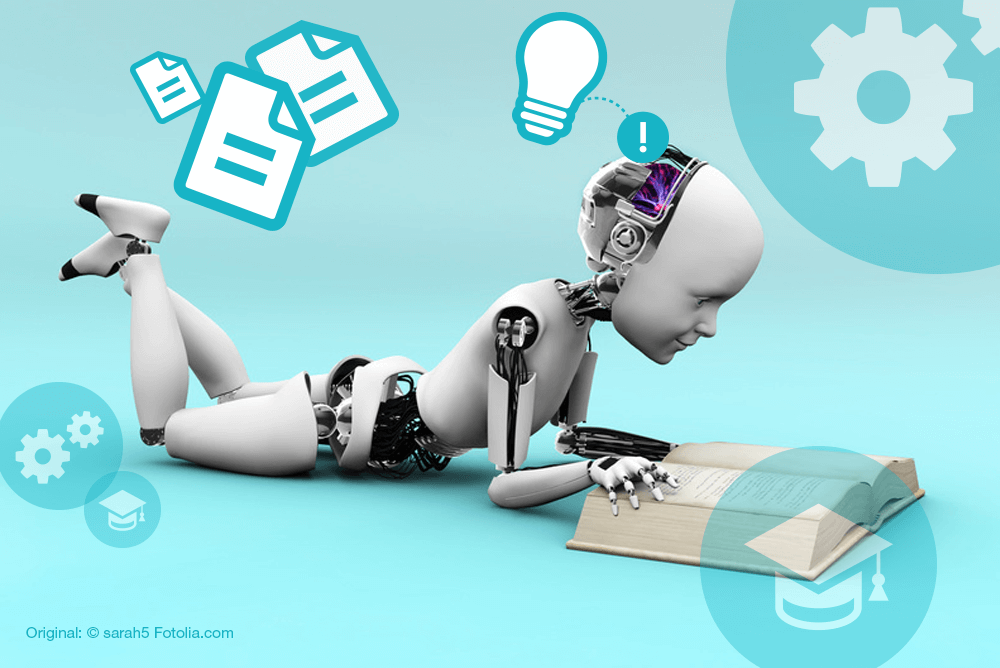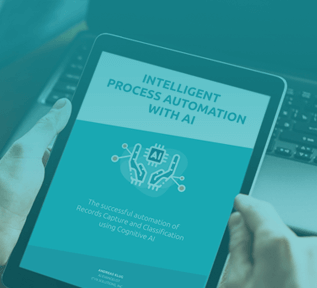Machine Learning and AI: First steps into intelligent automation
What seemed pie in the sky only a few years ago has become reality: Machine learning (ML) is pervading economic processes and continually improving business procedures. By 2020, most decision-makers in IT and digitalization expect machine learning to play a growing role in the value creation process. To keep up with this development, you will need a keen understanding of data. Without a data-driven mindset, however, it’d be difficult to implement these techniques into your business processes.














